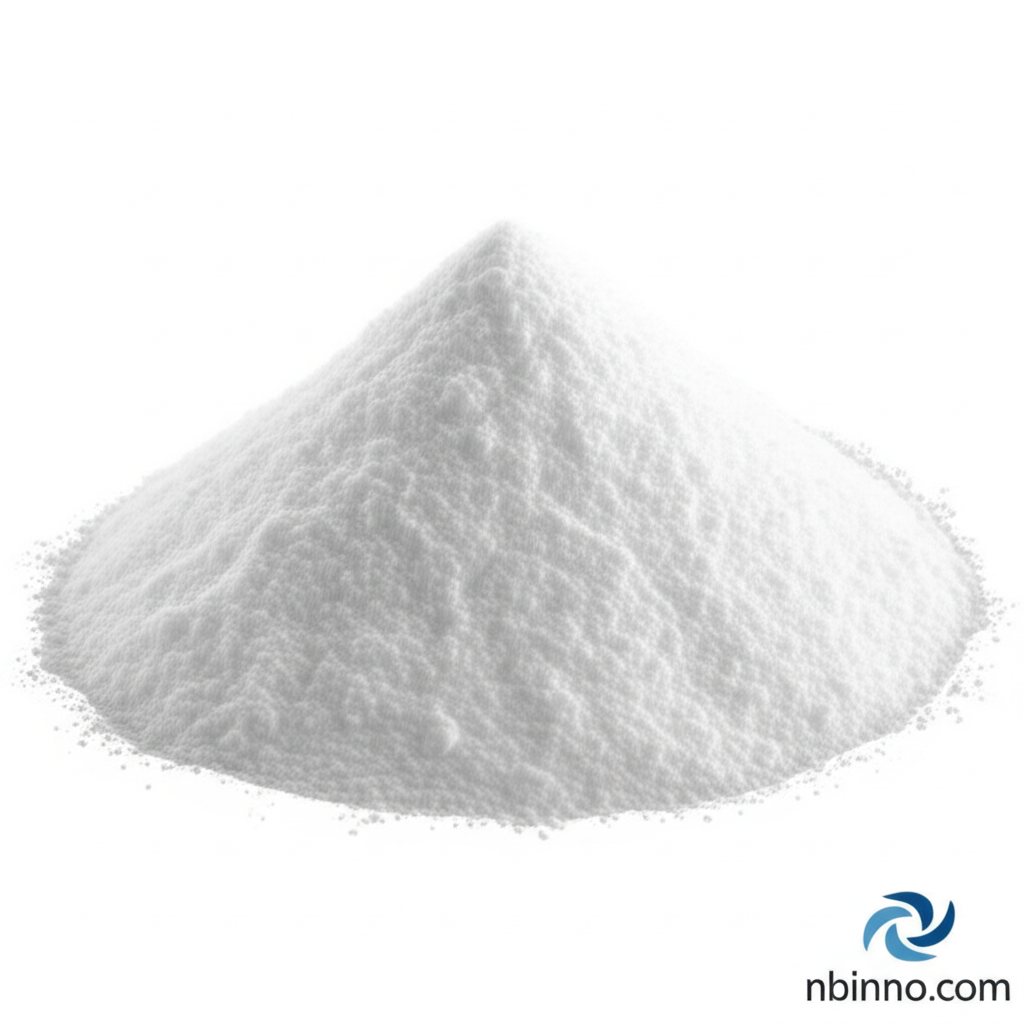Omeprazole Sodium: Properties, Applications, and Benefits in Gastrointestinal Health
Discover the critical role of Omeprazole Sodium in managing stomach acid and promoting digestive well-being.
Get a Quote & SampleProduct Core Value

Omeprazole Sodium
Omeprazole Sodium, a key pharmaceutical intermediate, is renowned for its efficacy in reducing gastric acid secretion. This proton pump inhibitor plays a vital role in the treatment of various gastrointestinal disorders, including peptic ulcers and GERD, by directly targeting the mechanism responsible for acid production in the stomach.
- Comprehensive treatment for peptic ulcer bleeding and related conditions, ensuring improved patient outcomes.
- Effective management of acute gastric mucosal injury, particularly when caused by NSAIDs, offering significant relief.
- High purity and pharmaceutical grade, making it a reliable choice for drug manufacturers seeking quality ingredients.
- Crucial in combating H. pylori infections when used in combination with antibiotics, aiding in ulcer eradication.
Key Advantages Offered
Targeted Acid Inhibition
Omeprazole Sodium works by irreversibly binding to the H+/K+-ATPase enzyme system, effectively suppressing gastric acid production at its source, which is crucial for managing acid-related disorders.
Broad Therapeutic Applications
Its application extends to treating conditions like duodenal ulcers, erosive esophagitis, and Zollinger-Ellison syndrome, demonstrating its versatility in treating peptic ulcer scenarios.
Reliable Quality and Purity
With stringent quality standards like CP2015 and EP9.0, this pharmaceutical grade compound ensures consistent performance and safety in drug formulations, a key aspect for pharmaceutical grade Omeprazole Sodium.
Key Applications
Gastrointestinal Disorder Treatment
Primarily used for its potent anti-ulcerative properties, it is essential for treating conditions like bleeding peptic ulcers, offering a vital solution for patient recovery.
Acid Secretion Control
Acts as a proton pump inhibitor, significantly reducing the amount of acid produced by the stomach, thereby alleviating symptoms of GERD and dyspepsia.
H. pylori Eradication Support
When combined with antibiotics, it aids in eradicating H. pylori bacteria, a common cause of ulcers, contributing to a complete treatment regimen.
Prevention of GI Bleeding
Its role in preventing upper gastrointestinal tract bleeding in critically ill patients highlights its importance in critical care settings.
